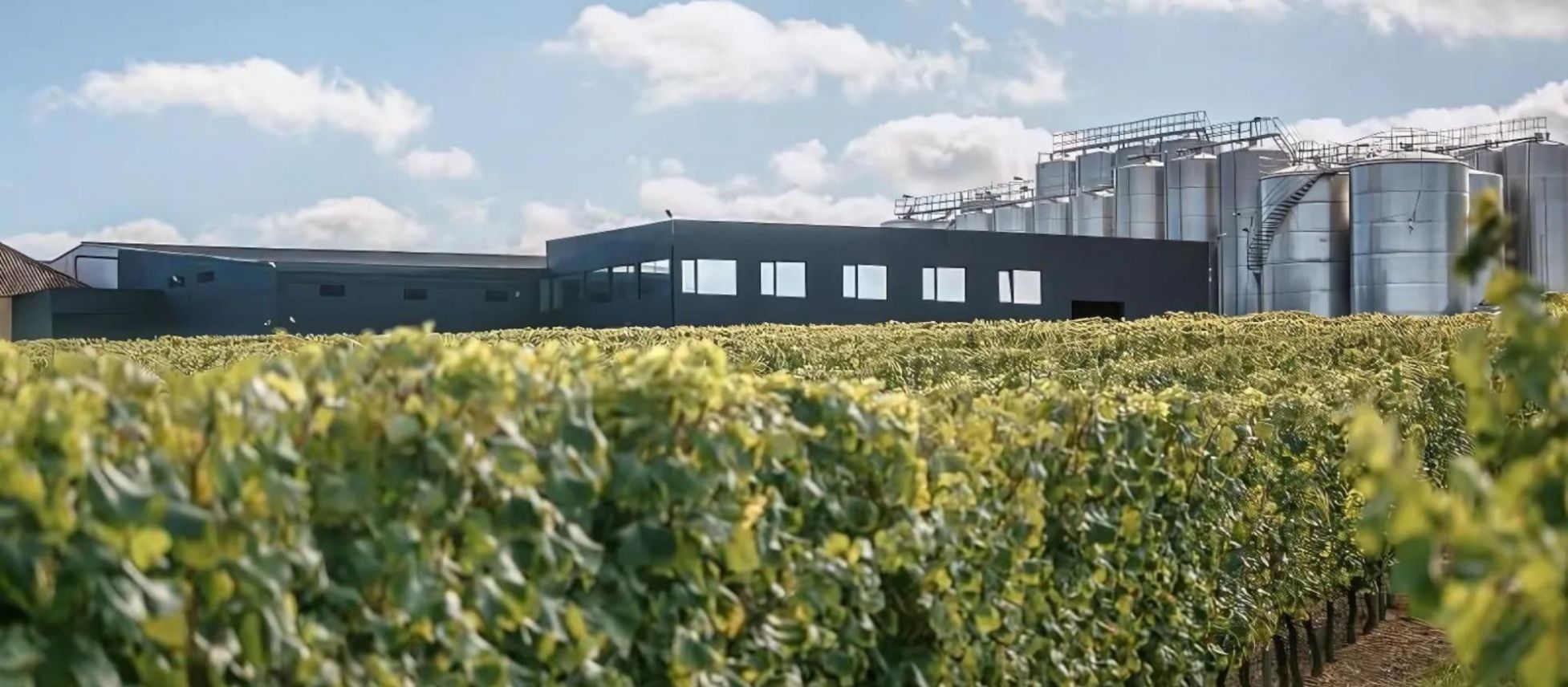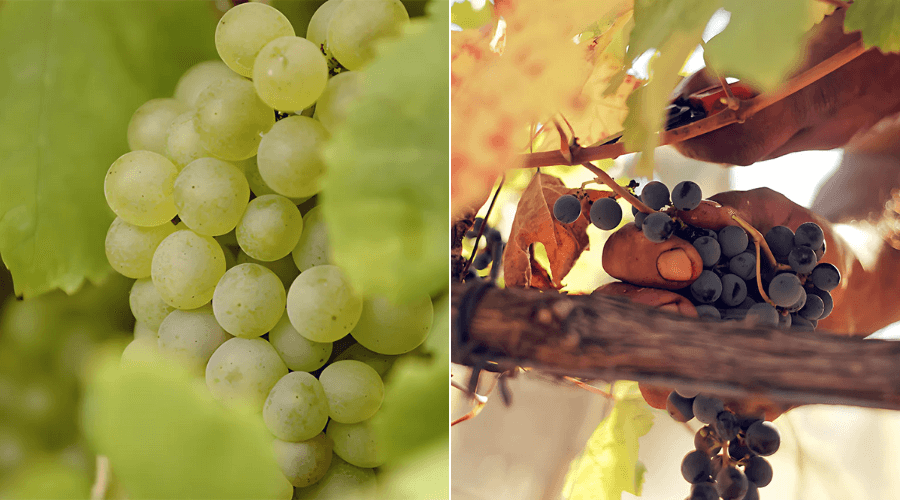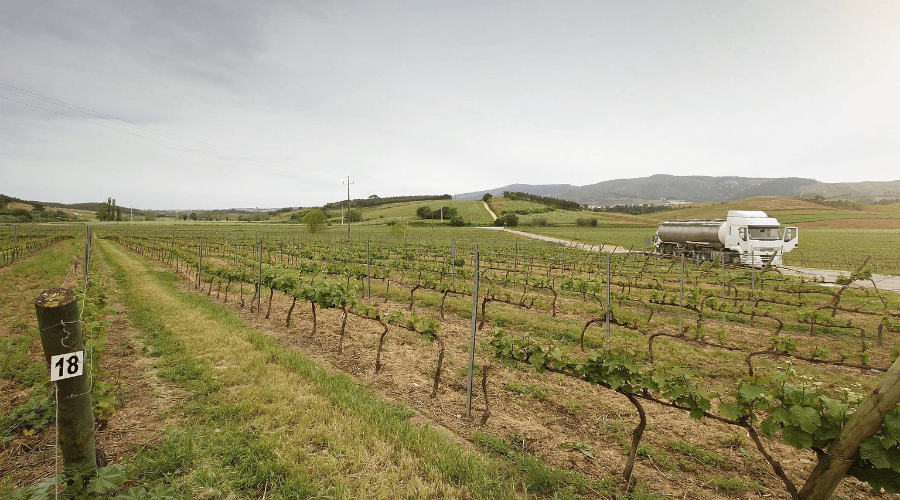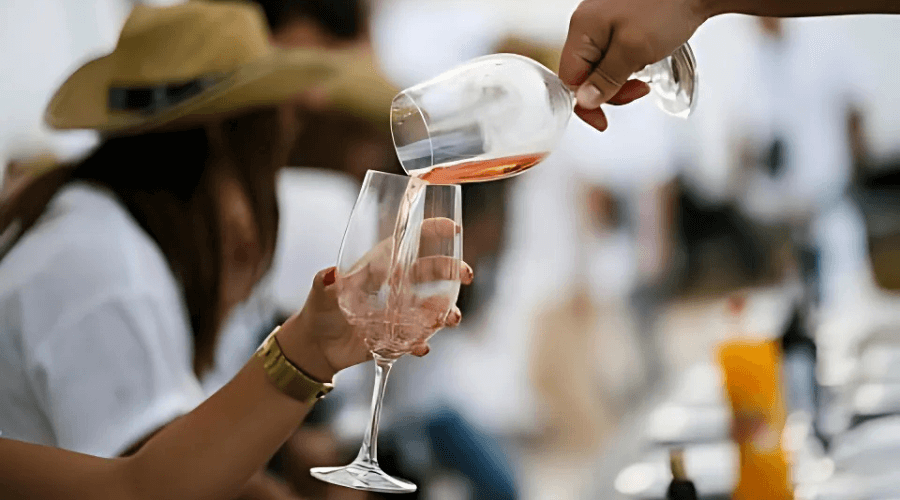Blog
Insights
Blends, Trends, and Markets: How Parras Wines is Adapting to the Future

Lower alcohol, organic, and vegan wines: Adapting to new consumer trends
Portuguese wine is known for its deep heritage, unique blends, and indigenous grape varieties, and Parras Wines sits at the heart of this tradition. As a key player in the bulk wine sector, the company works across Europe, the U.S., and Africa, supplying wines crafted from Portugal’s native grapes, including Touriga Nacional, Arinto, and Castelão. But as consumer preferences shift—toward lower alcohol wines, organic certifications, and lighter styles—how is Parras Wines responding?
In this conversation, Paulo Maurício discusses the company’s approach to adapting to market demands while staying true to Portuguese winemaking traditions. From the growing interest in white and rosé wines to the steady role of blended varieties, he offers insights into how Parras Wines is navigating both challenges and opportunities in a rapidly changing global bulk wine landscape.

Image: Paulo Mauricio
Could you provide an overview of Parras Wines’ bulk wine offerings and the key varieties or styles that set you apart?
Parras Wines works with Portuguese wines from native varieties.
In whites, the most representative varieties are Fernao Pires and Arinto, and in reds, they are Touriga Nacional, Alicante Bouchet, Castelão, and Touriga Franca.
Portugal also produces some wines from international varieties, such as Syrah, Chardonnay, and Sauvignon Blanc.
Wines in Portugal are generally blended wines, where you try to get the best out of each variety.

Image Source: Parras Bulk.
What are Parras Wines’ primary bulk wine markets, and have you observed any significant shifts in demand or emerging opportunities?
Parras Wines' main markets are Europe, namely Germany, Nordic Countries, and the United Kingdom. We also work with the United States and Africa.
In recent years, we have not noticed major changes in the level of the markets.
[[relatedPurchasesItems-62]]
How is Parras Wines adapting its bulk wine portfolio to meet changing consumption patterns and evolving consumer preferences?
At the moment we are only changing the alcohol levels, offering wines with a lower alcohol content. We are also expanding our portfolio with vegan and organic wines.
With rising interest in private label and custom bulk wines, how is Parras Wines positioning itself in the global market?
Parras Wines is a bulk wine company, that sells to companies that bottle wine, this is not our topic. We sell wines with the Portuguese designation, and with IGP if the customer needs it, helping the customer later with all the necessary bureaucratic processes in Portugal.

Image: Well-equipped vehicles working at the Parras Wines’ vineyardsSource: Parras Bulk.
The global wine industry faces headwinds such as declining consumption and oversupply. How is Parras Wines navigating these challenges while maintaining its market strength?
Well, this is a problem we have to face. I think we must increasingly pay attention to the new generations and their trends. Less alcoholic, vegan, and organic wines will certainly be more popular, but I think that more traditional wines will also have their market.
For example, at the moment we have whites and rosés that are most sought after, this is a topic we need to pay attention to.
Looking ahead to 2025, how would you describe the state of the bulk wine market, and what key trends do you see shaping its future?
2025 is a year in which demand for white and rosé wines is greatest.
Red wines have seen some decline. I think this trend will continue for at least the next 2 to 3 years.

Image: Festa das Vindimas - Gradil; Source: Parras Bulk.
Conclusion:
As bulk wine markets evolve, Parras Wines remains focused on supplying to the customers of today. While demand for white and rosé wines grows, the company also acknowledges the continued importance of Portugal’s signature blended styles. With an eye on lower-alcohol, vegan, and organic wines, Parras is responding to shifting consumer preferences while ensuring its wines remain rooted in Portuguese identity.
Looking ahead, Maurício anticipates further demand shifts, particularly in red wines, but believes there will always be space for both modern and classic styles. The bulk wine industry is not without its challenges, yet Parras Wines is approaching the future with adaptability—ensuring that Portuguese wines continue to find their place in global markets.
In conversation with Malvika Patel, Editor and VP, Beverage Trade Network
Also Read:
Vineyard Chronicles: Parras Wines' Legacy of Tradition and Innovation
ViniPortugal and the Strong Advance of Portuguese Wines: An Interview with Maria João Menezes
These Portuguese Wine Importers are Bringing Portugal’s Finest Wines to the USA
Time to get your visitor passes and save with online registration. Join the biggest gathering of bulk and private label professionals in America. Select your tickets here.

